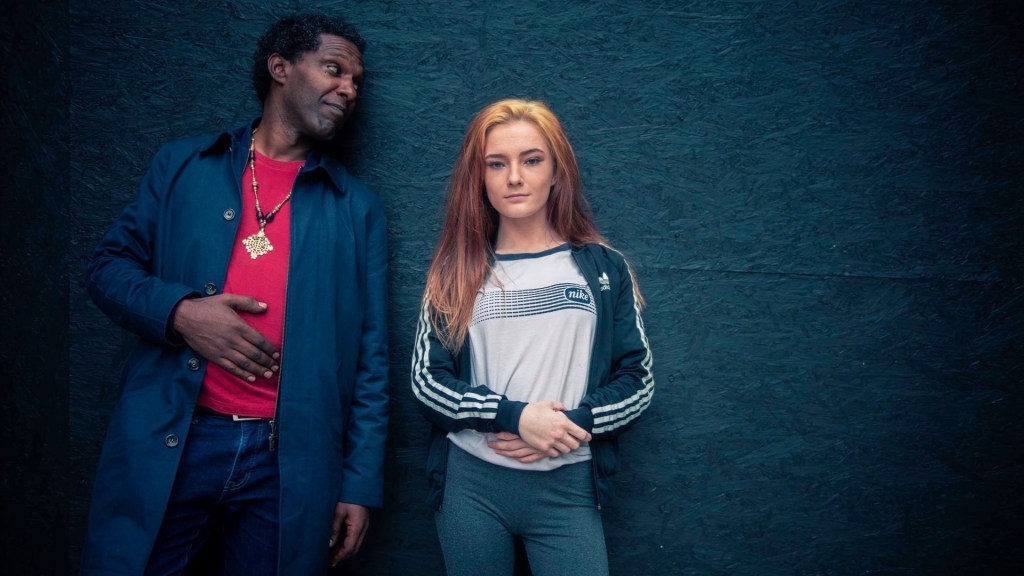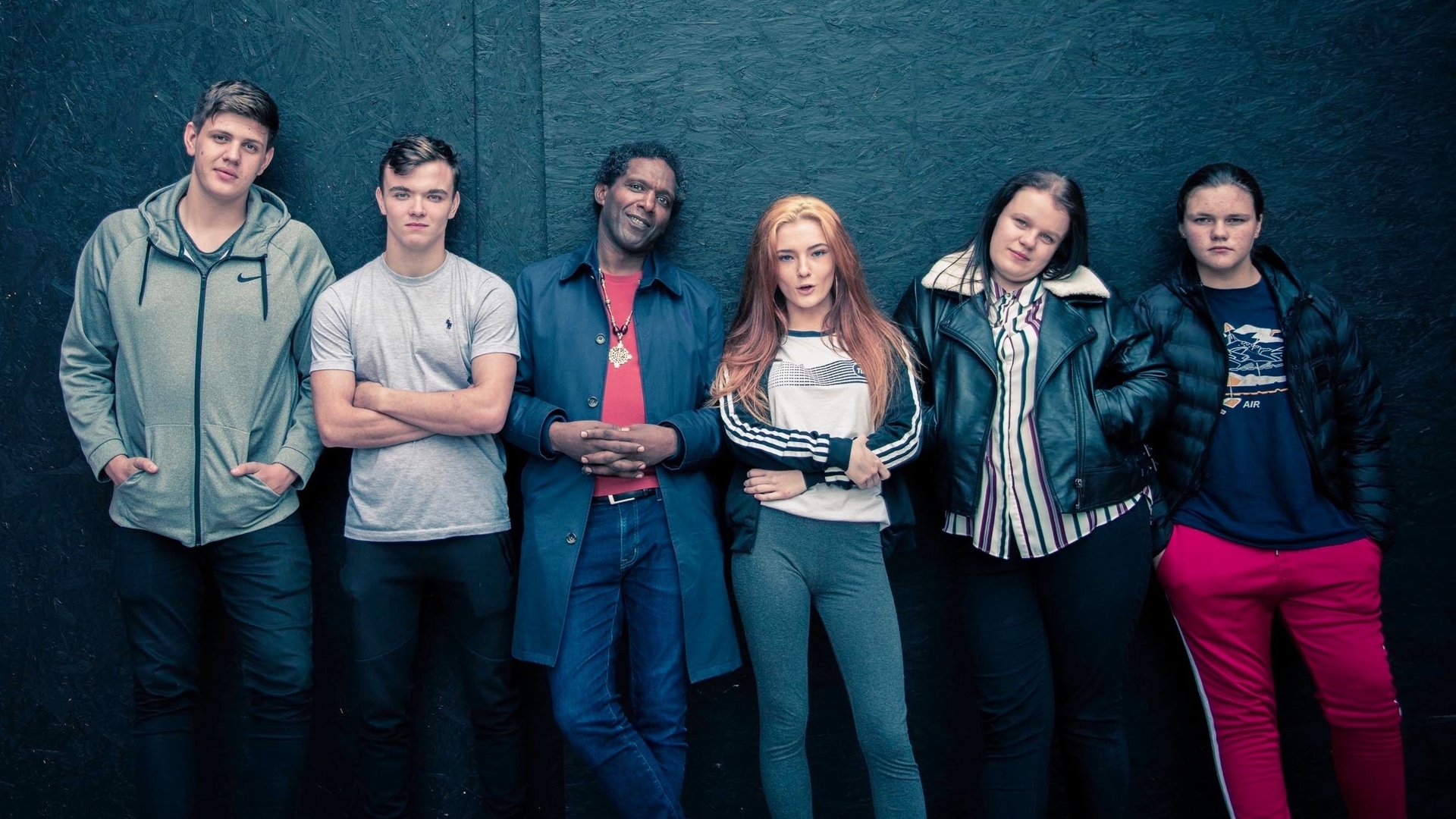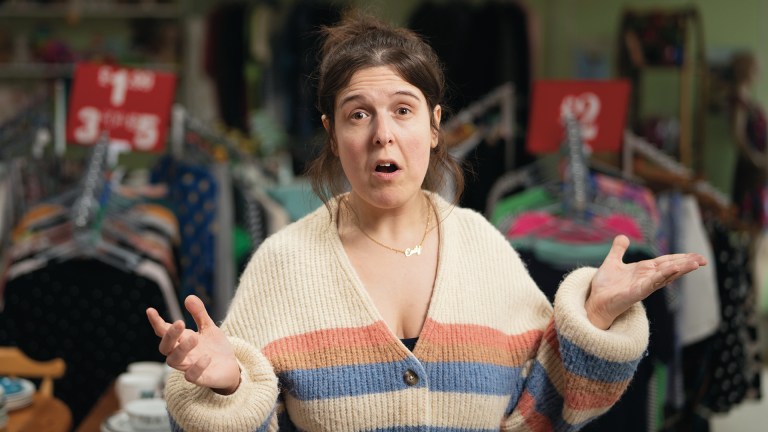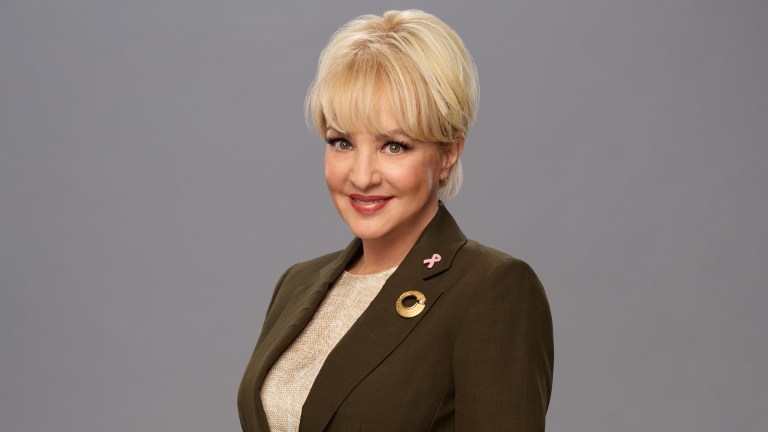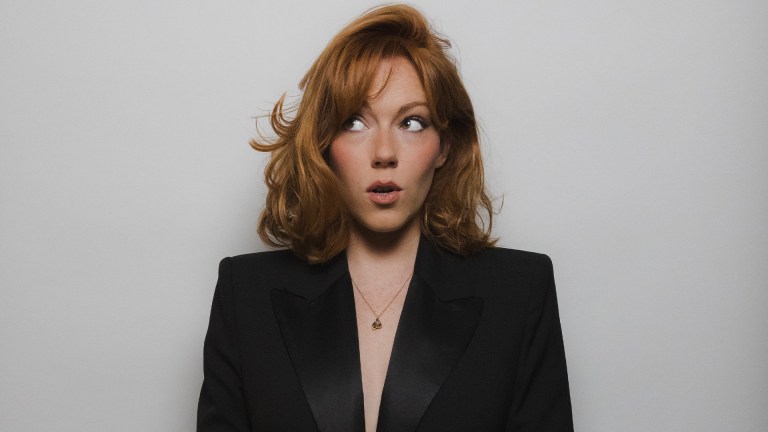Lemn Sissay: Part of reason they were so open is that it is very rare that an adult speaks to them about their own experience of being in care. Because as we go into adulthood we are supposed to shut the fuck up. I talked about running away and wanting someone to run after you. Stacey in the documentary says, “that’s all you need really, innit? Who is going to run after me?” Because people don’t run after you if you are in care. They call the police. That is the moment of criminalisation. They are almost built for punishment. Look at the number of people from care who become homeless in their 20s.
Why poetry as a way to get them to express themselves?
Art and poetry gives you, and gives me, and gives those young people permission to speak. I couldn’t be a social worker or foster carer. I don’t have the skills. But the one thing I know about, to a degree, is poetry. It is the one thing I can share with them. Caroline Bird developed the workshops and we worked with them to get them to create art and create poetry. The Big Issue has published poetry by homeless people for years because it tells the internal story. The headlines are one story, but the internal story comes through poetry. That, for me and Caroline, became the door with which they invited me into their lives.
What did you learn about the modern care system making this documentary?
I have been involved to some degree with the care system throughout my adult life. Like we are all involved in our childhoods in our adult lives – it is part of who we are. What you find is a distressed, emotional landscape that these young people are thrown into without the tools to navigate through it. Our government should be judged above all things on how it is as a parent. These kids are looking for parenting, for care. When a child comes into care, they need care and they need a budget – we need to support our directors of children’s services around the country.
Advertising helps fund Big Issue’s mission to end poverty
How would you describe the emotional landscape of the care system you uncovered through these young people’s life stories?
What I saw was incredible people trying to deal with the worst situation. Nobody wants a child to feel as if there is nobody. That is why we have birthdays, weddings, funerals, Christmases – family is about a group of people acknowledging that each other exists. So what happens when no one does that? What happens when you move from one family to another and have no proof of who you were. Everything we protect our children from is what is served on these young people. Has it changed? Of course it has, there are no children’s homes and it is now more about foster care. But there are still children not being served. And they are in this documentary. We see their stories. It’s a little window on Channel 4, welcoming the nation into their stories. And they’re not unusual. I wish they were.
I didn’t give them a voice. They have voice already.
How hard was it to get Coventry City Council to allow you to make the film with the young people in care?
I can’t say enough about the fact that Coventry, which will be city of culture, actually gave us access of young people. That took a lot of legal. The director of Children’s Services, John Gregg, who is in documentary, put himself and his career on the line. This is the city of The Specials, of Ghost Town… so it has a history of turning rage into poetry.
Would you have taken part in a show like this in your youth?
I did an interview on TV with Tony Wilson when I was 21. You can watch it on YouTube. The gift he gave to me was a memory of myself at 21. Because I don’t have family so I don’t have anybody telling me what I was like at that age. So that is all I can give those young people. We are not fixing them up. This is a true documentary. This is evidence of what they were feeling at that time, independent of reports, social workers, foster parents. I didn’t give them a voice. They have voice already. And you can hear it when Liam talks about fighting as a kid while his family were having bets on who would win. We have to hear these stories. They are all around us.
Advertising helps fund Big Issue’s mission to end poverty
This documentary is all I’ve ever wanted – for young people in care to be right at the heart of popular culture
This documentary feels exactly what Channel 4 was invented for – has it given you a taste to do more?
I am so proud of you for saying that. There is more I want to explore. I want to bring myself to the presenting table, that’s a really honest answer. The reason brilliant poets like Michael Rosen are great on TV is that they are great communicators.
I never understood television before this. But I do now. Do what you do, and if they capture it, they capture it. Don’t try to control the viewer. I have been on the periphery for years now. But the penny has dropped. I look at Grayson Perry and see how he is always himself so he can then walk into the story of whatever the documentary is about as himself. I am really interested in that. Stacey Dooley is another great example.
I want to see more art at the heart of popular culture on TV. Grayson Perry did Sunderland and Tapestry – those are not the winners. That is not a winning formula for television, you might think. But it worked. Now I’m doing poetry and kids in care – they are not the winners either. Two loss leaders of public attention. But this documentary is all I’ve ever wanted – for young people in care to not be othered and to be right at the heart of popular culture. Because if you internalise shame and that is narrative of your childhood, what is your worth as an adult?”
Watch Superkids: Breaking Away from Care here…
Image: Channel 4
Advertising helps fund Big Issue’s mission to end poverty
